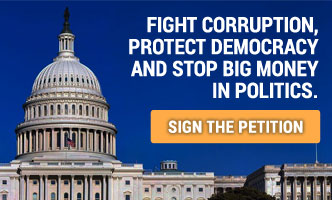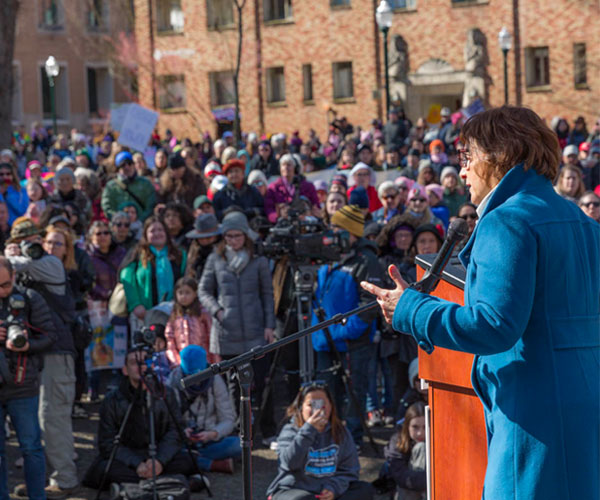Climate action is possible – even in a challenging political environment.
Extreme weather events have become more common. This year communities across the country and around the globe have experienced dangerous wildfires, massive flooding, deadly heat waves and droughts, and devastating hurricanes.
We are experiencing the consequences of years of fossil fuel pollution and climate inaction. And these disasters disproportionately affect those living in poverty and communities of color.
It has been an honor to serve on the House Select Committee on the Climate Crisis for the past four years. My committee colleagues and I recently released a final report documenting our accomplishments and actions going forward. Importantly, 300 of our 715 recommendations from the Climate Action Plan released in 2020 have been adopted into rule or signed into law. You can read more about the report and recommendations here.
Unfortunately, the new Republican majority Congress in January plans to disband this committee, which will make it increasingly difficult to pass effective climate legislation. But we've shown that climate action is possible — even in a challenging political environment.
This year, we passed the most significant investment in clean energy in our history through the Inflation Reduction Act, created more opportunities for green infrastructure through the Bipartisan Infrastructure Act, and passed the CHIPs and Science Act to invest in climate-related R&D and semiconductor manufacturing.
Going forward, we must scale up public finance for climate adaptation and resilience and continue working together toward a world where we all have clean air, water, and a healthy planet. I am committed to fighting for climate policies that lead to a better future.
Thank you for standing with me,
Suzanne



